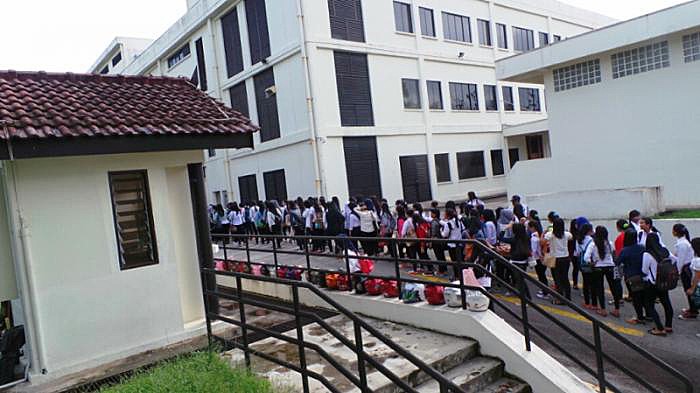Popular Reads
Top Results
Can't find what you're looking for?
View all search resultsPopular Reads
Top Results
Can't find what you're looking for?
View all search resultsBatam industry turns to robots as minimum wage skyrockets
Industrial players in Batam, Riau Islands, are considering using robots to lower production costs as the monthly city minimum wage (UMK) for workers has continued to increase.
Change text size
Gift Premium Articles
to Anyone
I
ndustrial players in Batam, Riau Islands, are considering using robots to increase production cost efficiency as the monthly city minimum wage (UMK) for workers has continued to increase.
The advisory council head for the Riau Islands chapter of the Indonesian Employers Association (Apindo), Abidin Hasibuan, said Batam's UMK for 2018 was high, even higher than the minimum wage in Johor Baru, Malaysia.
Last month, Riau Islands governor Nurdin Basirun decided the UMK next year would be Rp 3.52 million (US$246.63 ), or 8.7 percent higher than the previous year.
“We are taking careful steps to anticipate the impact of such a high minimum wage,” he said recently.
Abidin further said the skyrocketing minimum wage had forced the electronic manufacturing industry in Batam to use robots instead of manual labor to increase their production cost efficiency.
Abidin, who is also the president director of cellphone manufacturing company Satnusa Persada, said it would unfortunately lead to massive layoffs, said
“This is the only thing they can do to manage their production costs and make it more efficient, as the minimum wage [in Batam] is too high,” he added.
“One robot can replace one line of a production process, which usually consists of seven to 10 workers,” said factory worker Arnold Novi.
Simon Ng, the general manager of electronic manufacturer Honfoong Plastic Industries, said his company now employed only 450 workers, whereas in 2001, it had 3,400 employees.
“The problem [in Batam] is that the minimum wage increases every year, but it is not balanced with increases in the productivity of workers,” he said. (nmn/ebf)










